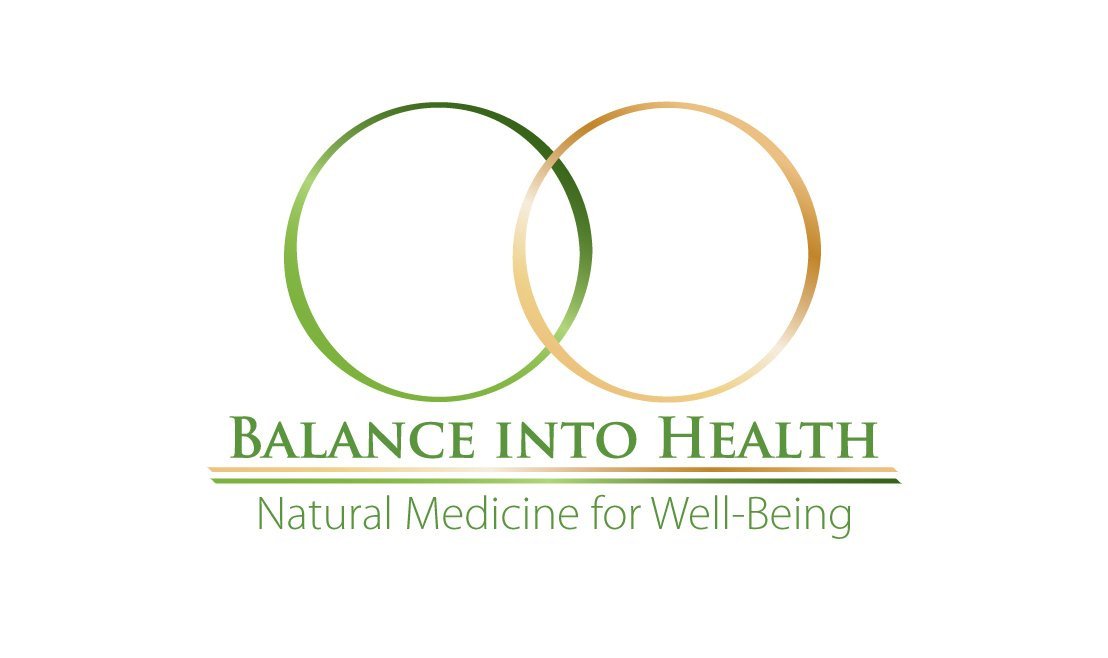Hormones are essential chemical messengers in the body, regulating everything from metabolism and fertility to mood and energy. When these messengers fall out of sync, issues like infertility, diabetes, or weight fluctuations can arise. Fortunately, a balanced diet can play a pivotal role in maintaining hormonal harmony. This article explores how your food choices can promote optimal hormone health and overall well-being.
Read MorePregnancy is the most joyous but also trying time for a mother-to-be. She’s not only carrying a child, but along with it several dreams and hopes. Pregnancy, however, brings its fair share of medical complications and bodily changes, and though homeopathic remedies are completely safe with zero side effects, extra caution is prudent as to which homeopathic remedy is best for an expectant mother. The need is to be cautious about the dosage, potency and repetition of homeopathic remedies for pregnancy-related complaints. In fact, for pregnancy-related complaints, homeopathic medicines are not selected on the basis of a single symptom but are always ruled out after taking proper stock of each individual's case. In this article we discuss the most common indications and their remedies for prenatal discomfort.
Read MoreInvisible to the eye but undeniably important, hormones are our body’s “chemical messengers” that influence everything from our mood and metabolism to our reproductive health and ability to get pregnant. However, with over 50 different hormones in the body, it’s easy to find ourselves experiencing a hormonal imbalance. The good news though is that there are things we can do each day to make sure our hormones stay in check. Read on to learn more about the importance of balancing your hormones, how to do this naturally, and how to get your hormones tested.
Read MoreHormones play a crucial role in regulating various bodily functions, including metabolism, reproduction, mood, and sleep. Any disruption or imbalance in hormone levels can lead to a wide range of health issues. While conventional medicine offers treatments such as hormone replacement therapy, naturopathy provides a holistic and natural approach to promoting hormone health. Naturopathy focuses on identifying and addressing the underlying causes of hormonal imbalances through lifestyle modifications, dietary changes, herbal remedies, and other natural therapies. In this article, we will explore seven ways in which naturopathy can benefit hormone health.
Read MoreA staggering eight million tons of plastic are dumped into the oceans every year; plastic from carrier bags, packaging, food containers and drink bottles. Once released into the environment, plastic waste leaches toxic chemicals which kills wildlife and contaminates the ecosystem. Marine animals eat the plastic which compromises their health and spreads these toxic chemicals through the food chain. The chemicals in plastics have been linked to serious health conditions in humans, including birth defects, infertility, cognitive decline and cancer. Learn about the harmful effects of plastics and 7 ways to reduce plastic use to support your health and the environment.
Read MoreMaternity wards routinely use synthetic oxytocin to kick-start the birth process and keep it moving. That is the main reason why this hormone is so widely known. It is less well known that, after birth, naturally produced oxytocin triggers milk ejection during breastfeeding. It is also connected with orgasms in both sexes and bonding between individuals. These additional links have spawned many labels for this multitasking hormone: "bonding hormone", “herding hormone”, “cuddle hormone”, “love hormone” and even “hormone of happiness”. Because oxytocin significantly affects the brain as well as reproductive organs it’s been dubbed by some, “the great facilitator of life”.
Read MoreThe problem of hormonal imbalance is often oversimplified in many conventional doctors’ offices. This lack of support leaves women with one-size-fits-all solutions that don’t get to the root of their symptoms or offer lasting results. Our bodies are already equipped with the natural potential to maintain hormonal balance for life. They just need to receive the right support so they can carry out this task on an ongoing basis.
Read MoreWe have all heard about using hormones or herbs to address our hormonal imbalances. But there is not much talk about the liver. Let’s understand the organ that does more than just detoxing. The liver is the second largest organ of the body. Your liver performs about 200 vital functions, most of which are vital for good health. Blood filtration, protein synthesis, excretion of bilirubin, hormones, cholesterol, drugs, and production of bile are just some of the important functions that the liver performs.
Read MoreApproximately 10% of women suffer from an under active thyroid, (otherwise known as hypothyroidism) and often they find themselves living in a “zombie” like state, experiencing debilitating symptoms that have a huge impact on their quality of life. Once diagnosed there are so many nutrition and lifestyle changes that can be made to improve thyroid hormone levels. Here are the top 10 tips on how to boost your thyroid function.
Read MoreWord is starting to spread that even in people whose blood glucose is within a healthy range, chronically elevated insulin can be a major factor in cardiometabolic disease. Metabolic syndrome and PCOS are the most obvious manifestations of hyperinsulinemia, but a growing number and a widening range of diverse conditions can be added to the list of issues that are caused or exacerbated by this hormonal situation. This article explores the connection between chronic hyperinsulinemia and gout.
Read MoreHormonal issues are a major topic these days. More woman are entering menopause than any other period in history. The baby boomers are entering midlife. We also are barraged with hormones added to our meat and milk products. Children are beginning puberty earlier and earlier, and women are choosing to have children later. Society's use of estrogen is increasing dramatically. All these factors are affecting our endocrine system and our total health picture.
Read MoreIt has been estimated that 40% of American women are either menopausal or perimenopausal. The average age of menopause is 51. But symptoms often begin in the 40s or earlier. An estimated 75% of women endure hot flashes for two years, and another 25% have them for over five years. Symptoms include depression, fatigue, vaginal dryness, heart palpitations, and mood swings.
Read MoreProbiotics aren't anything new, but you probably first heard about them in yogurt ads. In addition to aiding a healthy gut did you know that probiotics are a scientifically proven way to help with depression and anxiety? Your gut is considered your "second brain" and roughly 90% to 95% of all the body's serotonin is produced there. Unfortunately, if the delicate balance of bacteria that provides serotonin gets disrupted, it can lead to symptoms of depression and anxiety.
Read MoreMany women dread the thought of menses or periods, but irregularities and unusual changes in the menstrual cycle can be a nightmare.
Read MoreThe problem of hormonal imbalance is often oversimplified in many conventional doctors' offices.
Read More














